Lawrence Technological University has again been listed among the nation’s top colleges by the academic publisher Princeton Review.
LTU is included in “The Best 389 Colleges,” the company’s annual list of top colleges and universities in the nation, now available at bookstores and online.
The Princeton Review chose the colleges based on data it collects annually from surveys of 2,000 college administrators about their institutions’ academic offerings, and from interviews with 165,000 college students about all aspects of campus life. Only about 15% of America’s 2,600 four-year colleges made the list.
“We salute Lawrence Technological University for its outstanding academics, and its many other impressive offerings. We’re delighted to recommend it as an ideal choice for students searching for their ‘best-fit’ college,” said Rob Franek, Princeton Review’s editor-in-chief and lead author of “The Best 389 Colleges.”
“This recognition by Princeton Review is a validation of the hard work of our faculty and staff to provide our students with a world-class, technology-based education–an education that results in rewarding and meaningful careers,” said Tarek M. Sobh, LTU president. “Reading the positive comments from students is especially gratifying, and a signal to young people searching for a college, that they’ll find a welcoming, high-achieving atmosphere at LTU.”
The Princeton Review profile praises LTU’s small class sizes, individual attention from faculty, and many opportunities for internships and co-op jobs related to students’ majors, including at LTU’s Centrepolis Accelerator, an on-campus business incubator for high-tech manufacturing firms.
The “Students Say” section of the profile notes that “With having a small campus comes having a close-knit student body,” and there is “a strong sense of community” where “everyone really looks out for each other.” As one student says: “If you ask for help from any of your peers, you’ll receive it, or you’ll solve the problem together.” Despite its small size, this is a “group of diverse students who come from different backgrounds, race, and countries.” Around half of students are athletes and many are also “a part of Greek life or a part-time on-campus job.”
LTU was also featured on Princeton Review’s “Best Midwestern” colleges and “Best Green Colleges” list. Only 150 of the 655 four-year colleges in Michigan and eight other Midwestern states made the Best Midwestern list. Just 455 four-year colleges made the Green Colleges list.
The Princeton Review does not rank the colleges in the book from 1 to 389. The company’s student survey asked students to rate their colleges on dozens of topics and report on their campus experiences. Information on the survey process and methodology for the ranking lists can be found at https://www.princetonreview.com/college-rankings/ranking-methodology.
For the full list of “The Best 389 Colleges,” visit https://www.princetonreview.com/college-rankings/best-colleges.
The Princeton Review is an education services company known for its tutoring, test-preparation, and admission services, as well as a line of more than 150 books on K-12 and higher education.
Lawrence Technological University, www.ltu.edu, is one of only 13 private, technological, comprehensive doctoral universities in the United States. Located in Southfield, Mich., LTU was founded in 1932, and offers more than 100 programs through its Colleges of Architecture and Design, Arts and Sciences, Business and Information Technology, Engineering, and Health Sciences, as well as Specs@LTU as part of its growing Center for Professional Development. PayScale lists Lawrence Tech among the nation’s top 11 percent of universities for alumni salaries. Forbes and The Wall Street Journal rank LTU among the nation’s top 10 percent. U.S. News and World Report lists it in the top tier of best in the Midwest colleges. Students benefit from small class sizes and a real-world, hands-on, “theory and practice” education with an emphasis on leadership. Activities on Lawrence Tech’s 107-acre campus include more than 60 student organizations and NAIA varsity sports.




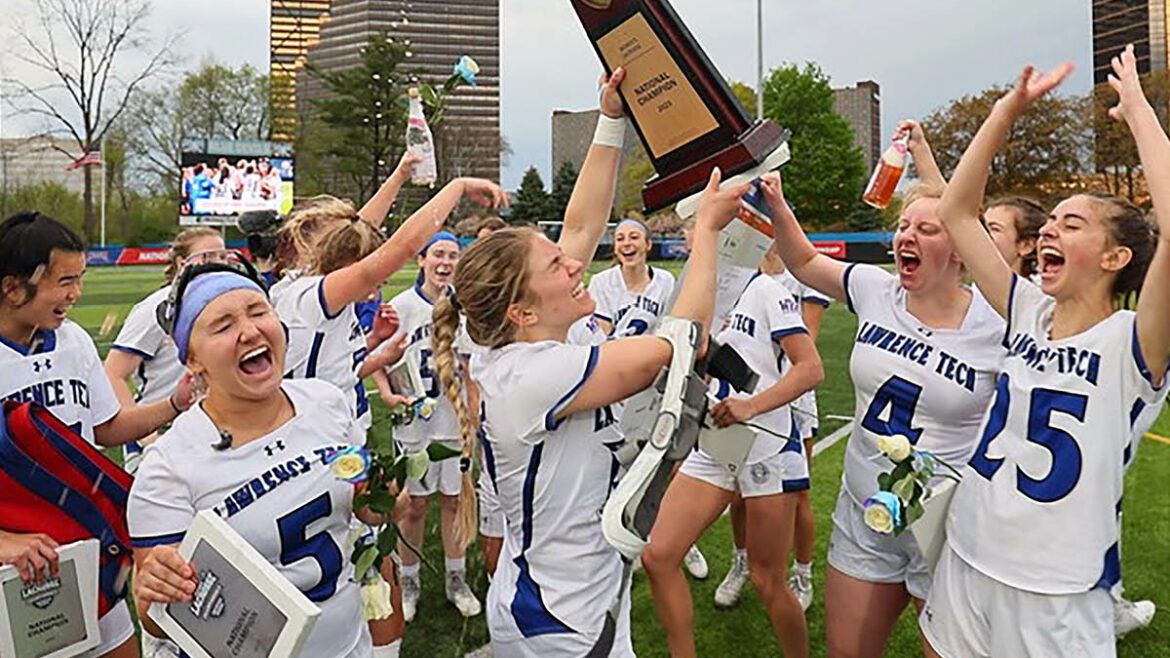
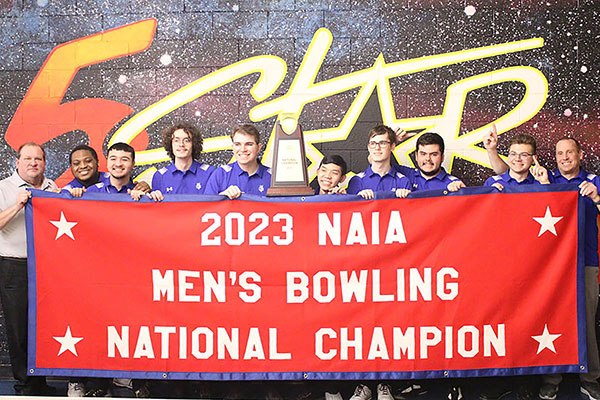 Men’s Bowling has competed in five national championship tournaments – and won for the first time this year. Early in the playoffs, the team was knocked into the “loser’s bracket,” explains Head Coach Jonathon Putti, a 1988 LTU graduate. That meant LTU had to beat enough teams to reestablish itself in the winner’s bracket. Because this was a double elimination tournament, the Blue Devils then had to beat the team that sent them to the loser’s bracket twice in order to clinch the title. “Trying to beat any team twice at that level is not easy,” Putti adds.
Men’s Bowling has competed in five national championship tournaments – and won for the first time this year. Early in the playoffs, the team was knocked into the “loser’s bracket,” explains Head Coach Jonathon Putti, a 1988 LTU graduate. That meant LTU had to beat enough teams to reestablish itself in the winner’s bracket. Because this was a double elimination tournament, the Blue Devils then had to beat the team that sent them to the loser’s bracket twice in order to clinch the title. “Trying to beat any team twice at that level is not easy,” Putti adds.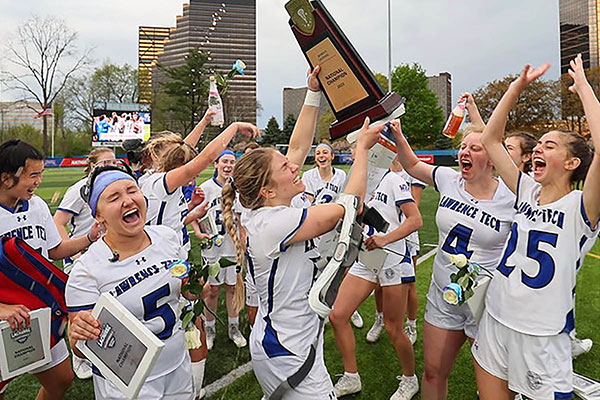 With 10 seconds to go in overtime play, the Women’s Lacrosse team beat Savannah College of Art and Design 16-15. Last year, the undefeated, number-one-ranked Blue Devils were expected to win the national championship. But a last-minute upset to Benedictine College ended that dream. This year, the team motto was “Unfinished Business” says Mary Ann Meltzer, associate athletic director and women’s lacrosse head coach. Winning the regular season and the conference tournament did not satisfy the players; they were determined to be national champs, she says, and this time they defeated SCAD. “Winning at home against a team we’d never beaten, there really are no words to describe it,’ Meltzer says. “To do it in overtime was that much better.”
With 10 seconds to go in overtime play, the Women’s Lacrosse team beat Savannah College of Art and Design 16-15. Last year, the undefeated, number-one-ranked Blue Devils were expected to win the national championship. But a last-minute upset to Benedictine College ended that dream. This year, the team motto was “Unfinished Business” says Mary Ann Meltzer, associate athletic director and women’s lacrosse head coach. Winning the regular season and the conference tournament did not satisfy the players; they were determined to be national champs, she says, and this time they defeated SCAD. “Winning at home against a team we’d never beaten, there really are no words to describe it,’ Meltzer says. “To do it in overtime was that much better.”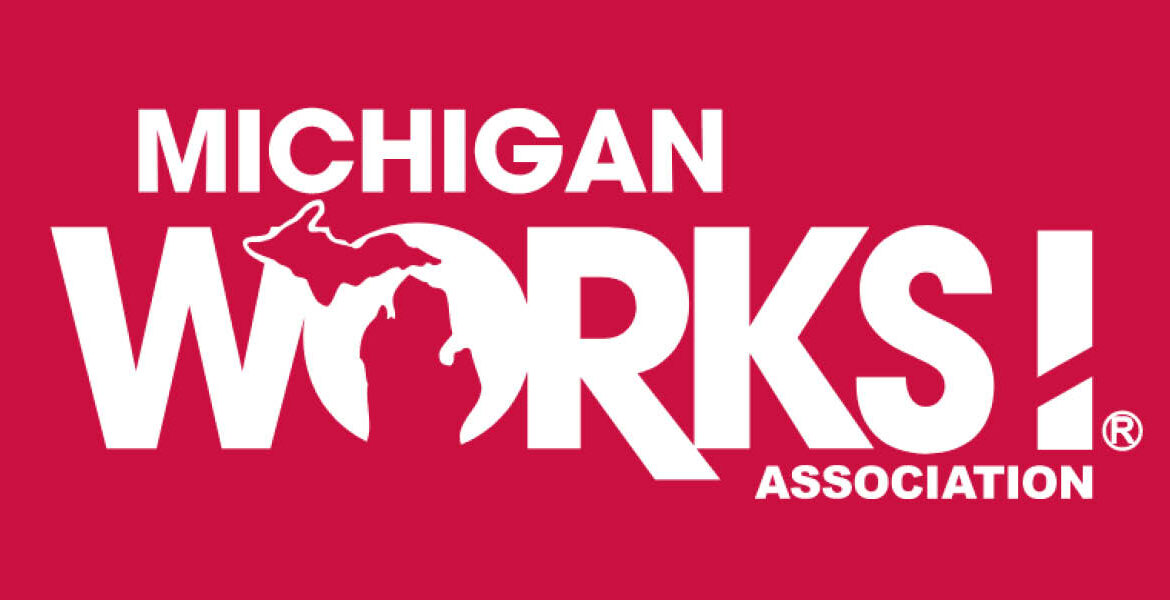
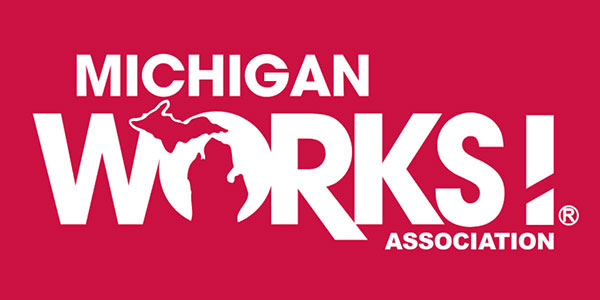 MichiganWorks! is a state-wide workforce development system offering free career-development services for jobseekers, virtual workshops for those interested in expanding skills and, for students age 16-24, internship, tuition assistance, career planning and work-experience opportunities. Businesses can receive support for hiring, training, process improvements, and growth. Employers can take advantage of the Business Resource Network – free to join – and its “success coaches” who work one-on-one with employees to remedy personal challenges so workers can thrive at their jobs.
MichiganWorks! is a state-wide workforce development system offering free career-development services for jobseekers, virtual workshops for those interested in expanding skills and, for students age 16-24, internship, tuition assistance, career planning and work-experience opportunities. Businesses can receive support for hiring, training, process improvements, and growth. Employers can take advantage of the Business Resource Network – free to join – and its “success coaches” who work one-on-one with employees to remedy personal challenges so workers can thrive at their jobs.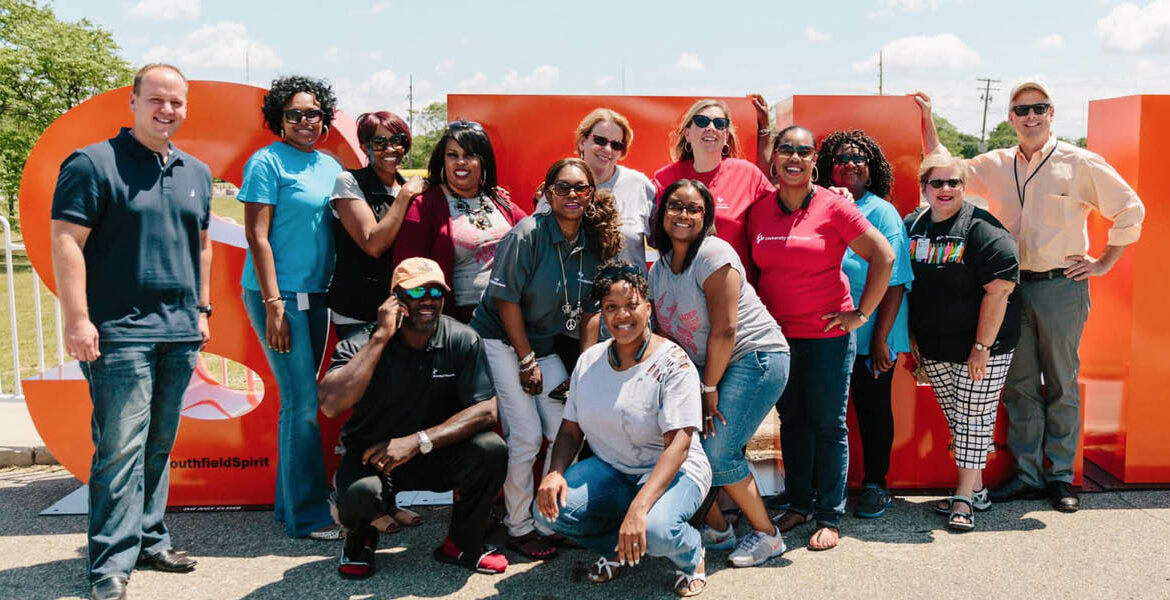
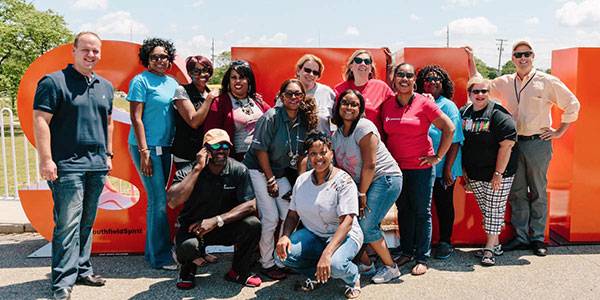 Southfield City Centre Advisory Board represents the businesses and institutions located in the City Centre. Together they work to promote the economic vitality and quality of life in the city. They also contribute individually through charitable works. “It’s important to the company as a whole to give back to the community that gives so much to us,” explains Brooke McNemar of Etkin Real Estate Solutions. Etkin, owner of Evergreen Atrium and Franklin Center, among other properties, supports Michigan Animal Rescue League, American Diabetes Association, Children’s Hospital of Michigan Foundation, Lighthouse, Brilliant Detroit, Zekelman Holocaust Center, Robert A. Schuele Scholarship, and Alzheimer’s Association-Michigan chapter.
Southfield City Centre Advisory Board represents the businesses and institutions located in the City Centre. Together they work to promote the economic vitality and quality of life in the city. They also contribute individually through charitable works. “It’s important to the company as a whole to give back to the community that gives so much to us,” explains Brooke McNemar of Etkin Real Estate Solutions. Etkin, owner of Evergreen Atrium and Franklin Center, among other properties, supports Michigan Animal Rescue League, American Diabetes Association, Children’s Hospital of Michigan Foundation, Lighthouse, Brilliant Detroit, Zekelman Holocaust Center, Robert A. Schuele Scholarship, and Alzheimer’s Association-Michigan chapter.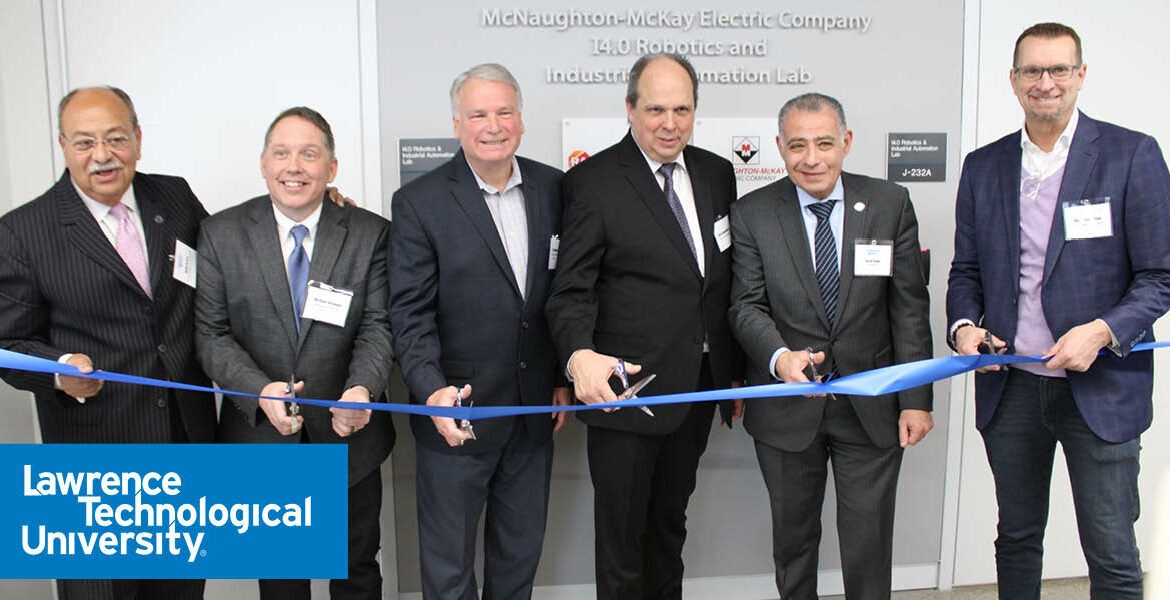
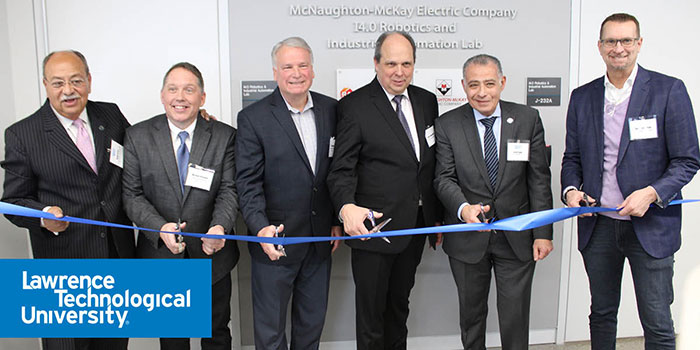 Lawrence Technological University has cut the ribbon on a new robotics and factory automation laboratory that the companies that helped create it say is unique anywhere in the United States.
Lawrence Technological University has cut the ribbon on a new robotics and factory automation laboratory that the companies that helped create it say is unique anywhere in the United States.
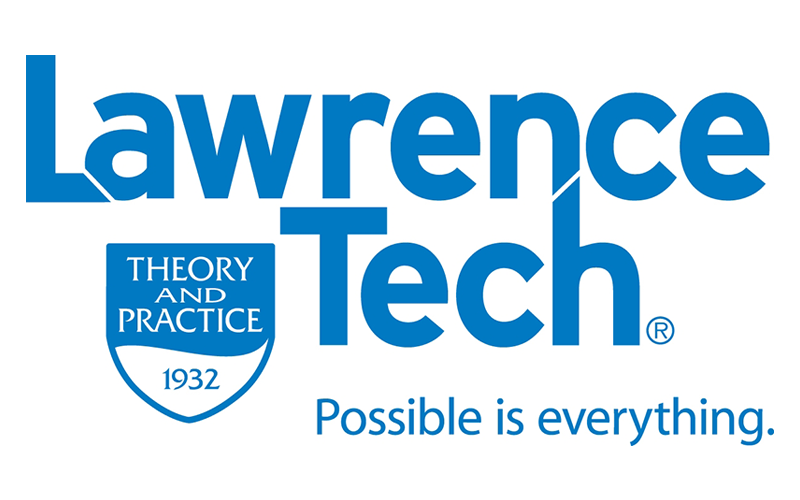
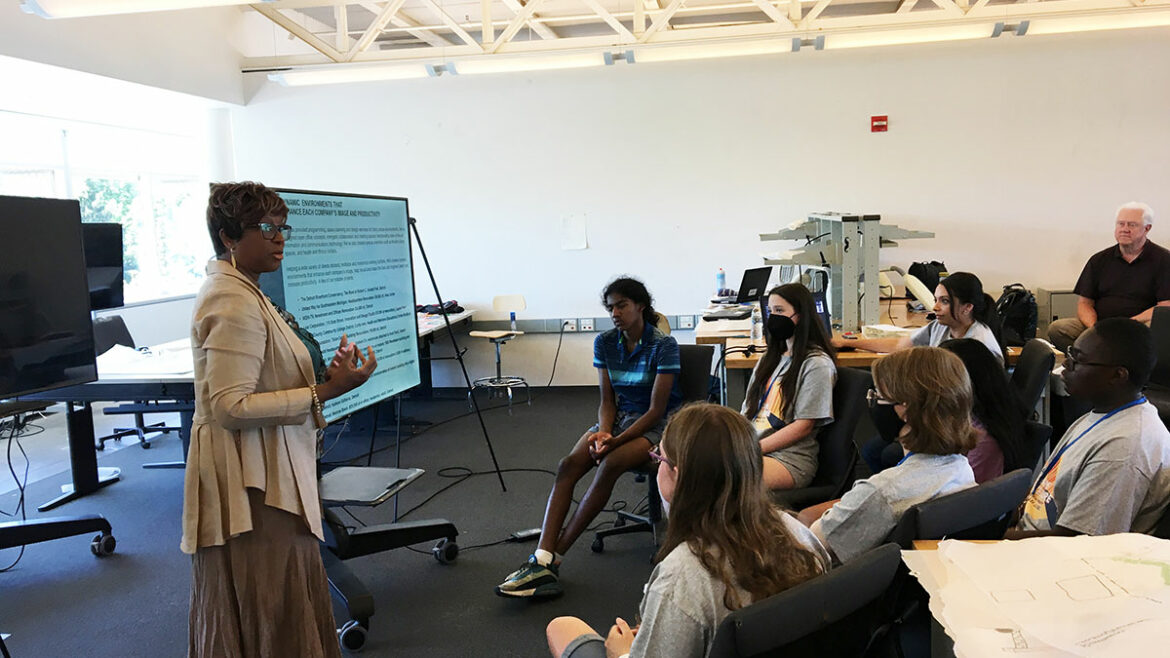
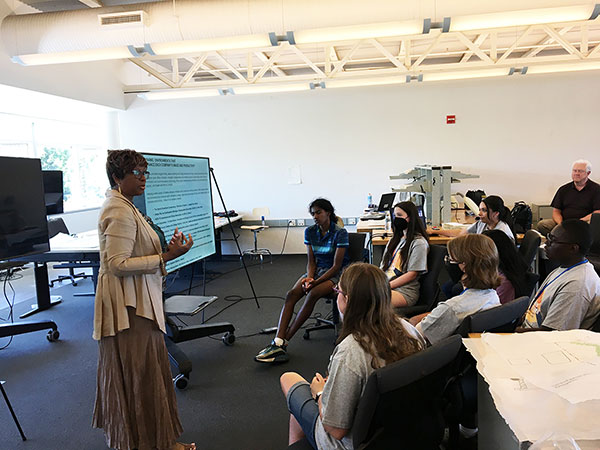 City of Southfield Planning Department and Lawrence Technological University (LTU) teamed up this summer to offer metro Detroit high school students an introduction to landscape architecture. The three-day camp welcomed students from seven area high schools, most of whom admitted at the start they knew little about the field. Yet, come the conclusion, their perspectives had changed dramatically. “I was surprised how broad the scope of landscape architecture is,” explained Rachael Andree, a student at Adlai E. Stevenson High School. “It’s basically everything that’s not buildings.”
City of Southfield Planning Department and Lawrence Technological University (LTU) teamed up this summer to offer metro Detroit high school students an introduction to landscape architecture. The three-day camp welcomed students from seven area high schools, most of whom admitted at the start they knew little about the field. Yet, come the conclusion, their perspectives had changed dramatically. “I was surprised how broad the scope of landscape architecture is,” explained Rachael Andree, a student at Adlai E. Stevenson High School. “It’s basically everything that’s not buildings.”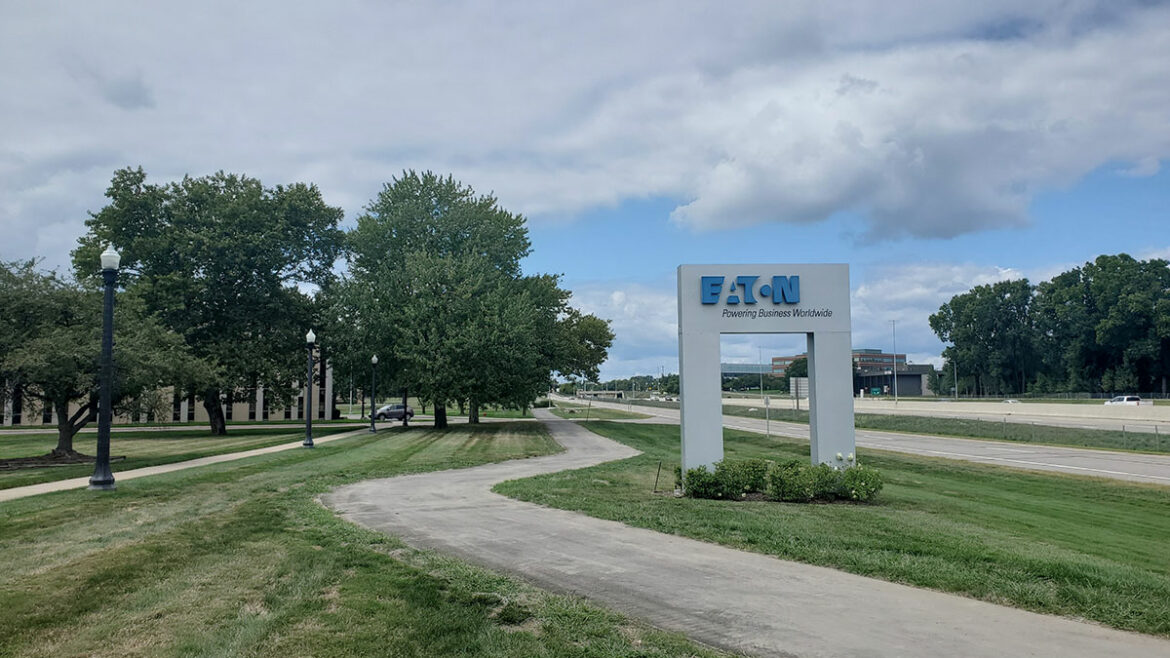
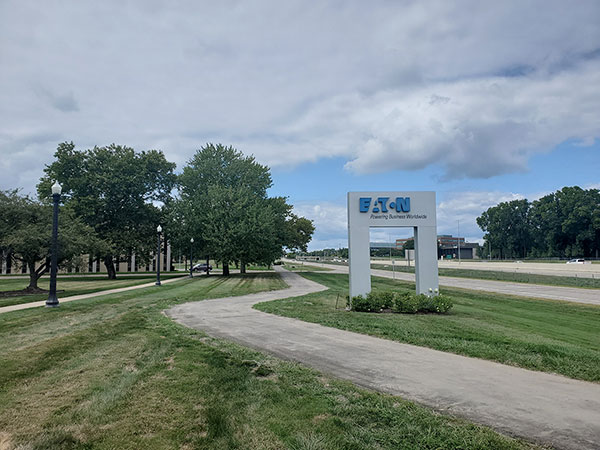 The last leg of Southfield’s City Centre Trail expansion has been completed. The final one-half mile stretch, meandering past Eaton Corp., runs southbound along Northwestern Highway service drive between Lahser and Civic Centre Drive. This new segment now makes it possible for walkers, joggers, cyclists and those relying on wheelchairs and strollers to safely travel 2.6 linear miles from Lahser to Nine Mile Road. “Ultimately our goal has been to connect Southfield City Centre to the Downtown Development Authority district and to connect Lawrence Technological University and the Municipal Campus with Ascension Providence Hospital and Northland City Center – all by non-motorized pathway,” says Terry Croad, director of planning for City of Southfield.
The last leg of Southfield’s City Centre Trail expansion has been completed. The final one-half mile stretch, meandering past Eaton Corp., runs southbound along Northwestern Highway service drive between Lahser and Civic Centre Drive. This new segment now makes it possible for walkers, joggers, cyclists and those relying on wheelchairs and strollers to safely travel 2.6 linear miles from Lahser to Nine Mile Road. “Ultimately our goal has been to connect Southfield City Centre to the Downtown Development Authority district and to connect Lawrence Technological University and the Municipal Campus with Ascension Providence Hospital and Northland City Center – all by non-motorized pathway,” says Terry Croad, director of planning for City of Southfield.